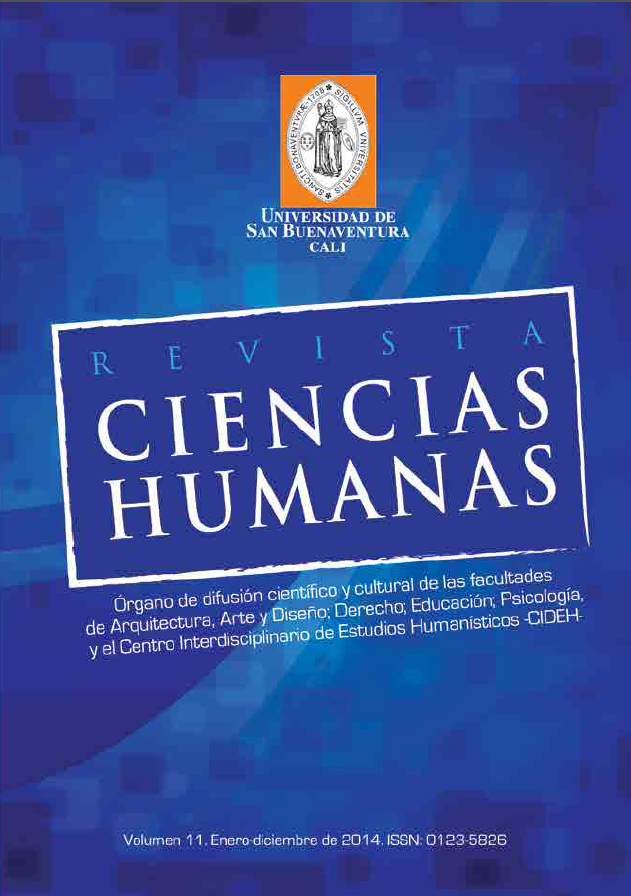The Revista Ciencias Humanas provides open and immediate access to its content, based on the principle of offering the public free access to research to aid in the greater global exchange of knowledge.
Except as otherwise stated, the content of this journal is licensed under a Creative Commons Attribution-NonCommercial-NoDerivatives 4.0 International (CC BY-NC-ND 4.0) license available at http://creativecommons.org/licenses/by-nc-nd/4.0/.
- Attribution. You must give appropriate credit, provide a link to the license, and indicate if changes have been made. You may do so in any reasonable manner, but not in a way that suggests that the licensor endorses you or your use.
- NonCommercial. You may not use the material for commercial purposes.
- NoDerivatives. If you remix, transform, or build upon the material, you may not distribute the modified material.
- No Additional Restrictions. You may not apply legal terms or technological measures that legally restrict others from doing anything the license permits.
Abstract
En el campo de la ecología profunda y el ecofeminismo, se está llevando a cabo de tiempo atrás un análisis crítico de los paradigmas filosóficos tradicionales, con el fin de hallar concepciones alternativas que orienten la transformación cultural occidental hacia una relación con la naturaleza basada en el respeto y la responsabilidad. Esto requiere, en el caso de la ecología profunda, el reconocimiento de valores intrínsecos y de fines en la naturaleza, y en el ámbito del ecofeminismo la deconstrucción de perspectivas patriarcales y de relaciones dominantes con el mundo natural. Cabe por ello, re flexionar sobre algunas bases conceptuales y teóricas con las cuales la ecología profunda y el ecofeminismo pretenden justificar cambios culturales radicales, principalmente en las sociedades industriales más desarrolladas, para hacer frente a las crisis ecológicas actuales








